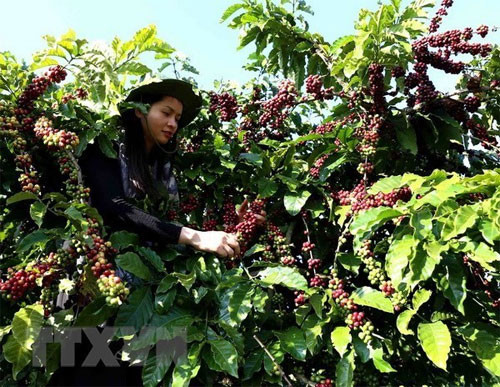 |
The publication said Vietnam is closing in on market-leader Brazil, which
accounted for 27 percent of Japan’s coffee imports, falling 7 percent year on
year over the same period.
Most of Vietnam's coffee beans are of the Robusta variety, known for being
relatively easy to grow and resistant to disease and pests -- qualities that
ensure stable crops. The beans make for a heady, somewhat bitter coffee in
contrast to Brazil's more costly Arabica beans, which tend to have a sweeter,
softer flavour.
Nikkei Asian Review quoted Toyohide Nishino, executive director of the All Japan
Coffee Fair Trade Association, as saying that consumer thirst for good tasting,
low-priced coffee is driving Robusta's market share.
Japan imported 88,000 tonnes of unroasted coffee beans from Vietnam in all of
2017 -- a tenfold jump from a decade before -- and surged 15 percent year on
year to 94,000 tonnes in the 2018 January-November period alone.
The publication also cited the proximity of Vietnam to Japan as an advantage for
Vietnam in the Japanese market, noting that shipping from Vietnam or other
regional producers takes only about half as long as Arabica coming from Latin
America. And among Southeast Asian coffee producers, Vietnam's larger production
base offers a more stable supply than, for example, Indonesia.
In addition, Vietnam will benefit from a market increasingly polarised on the
high and low-end segments even though Japanese demand for Arabica coffee remains
solid, Vietnam will be a beneficiary of a market increasingly polarized on the
high- and low-end segments, Shiro Ozawa, an adviser for Tokyo-based specialty
coffee trader Wataru and Co. was quoted as saying by Nikkei Asian Review.
Source: VNA

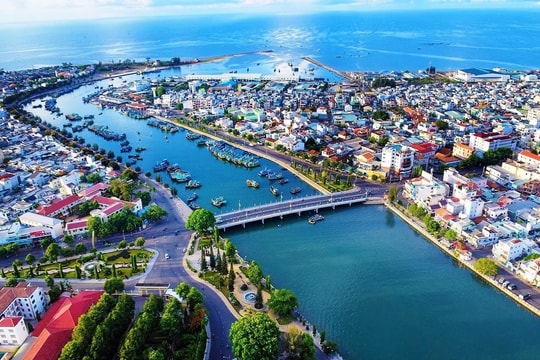
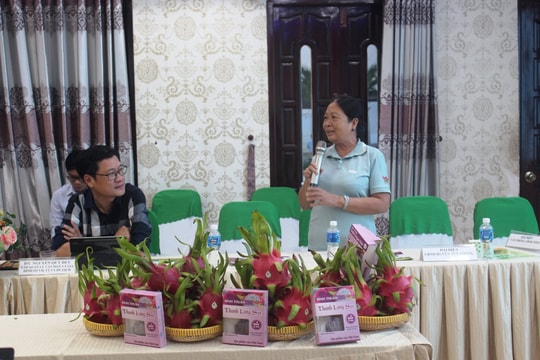

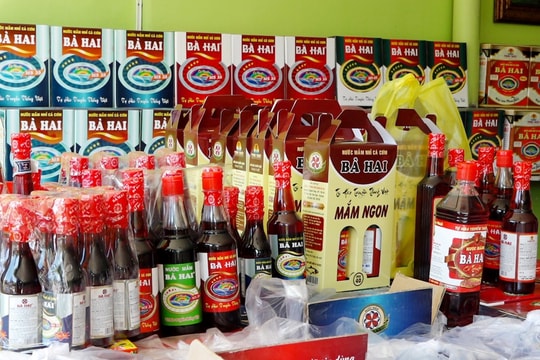




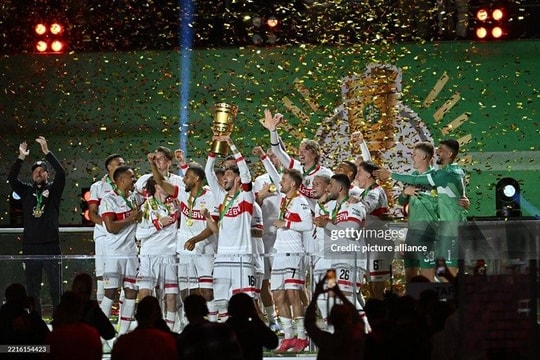

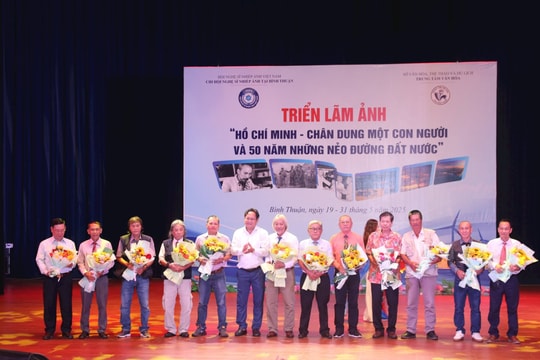



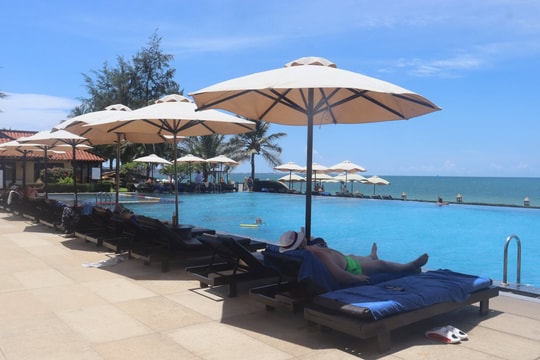
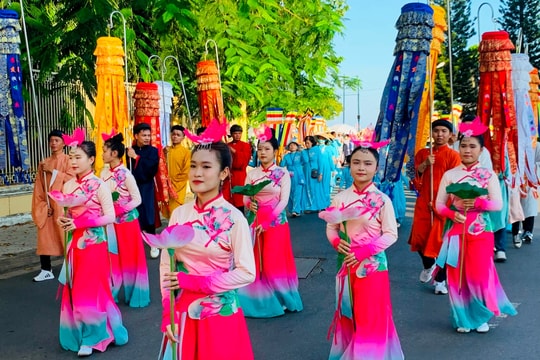



.jpg)




.jpeg)
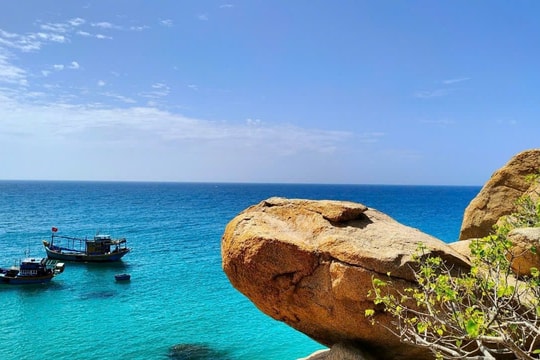
.jpeg)


.jpeg)

